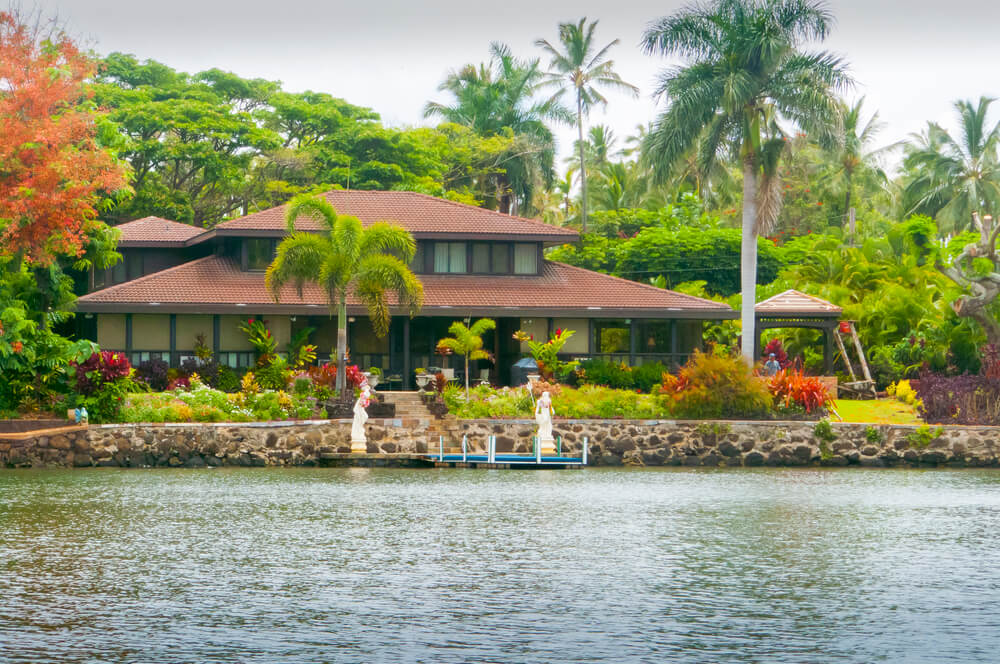Navigating the intricacies of Singapores real estate market can be a daunting task for foreigners, shrouded in a maze of regulations and requirements. As one of Asias leading financial hubs, Singapore attracts international investors, drawn by its vibrant economy and stable political climate.
However, the question looms: can foreigners actually buy property in this city-state? The short answer is yes, but the path is layered with legal stipulations that vary significantly based on the type of property in question. From private condominiums to landed houses, understanding these key legal requirements is essential for those looking to make a sound investment.
This article delves into the nuances of foreign property ownership in Singapore, illuminating the critical factors that potential buyers must consider before taking the plunge.
Types of Properties Available to Foreigners

In Singapore, foreigners have several property options, though some come with restrictions. Private condominiums and apartments are open for purchase and remain popular due to their modern features and central locations.
river green is one such development that appeals to foreign buyers looking for quality living in a well-connected area. For those considering landed properties, access is limited, as foreigners need government approval to buy such homes.
Commercial properties offer a more open path, including office spaces and retail units. Industrial properties are also an option for foreign entrepreneurs planning to set up operations in Singapore.
To make informed decisions, it’s important to understand the rules that apply to each property type in this regulated market.
Process of Buying Property in Singapore
The process of buying property in Singapore is both meticulous and fascinating, particularly for foreigners eager to navigate this vibrant real estate market. Initially, its essential to clarify the type of property youre interested in, as different regulations apply to landed and non-landed properties.
Foreigners can typically purchase private apartments and condominiums without restriction; however, acquiring landed property requires prior approval from the Singapore government, which is rarely granted. As you embark on this journey, consider engaging a reputable real estate agent familiar with the local landscape—they can guide you through the complexities of the property landscape, ensuring you understand implications like taxes and maintenance fees.
Once youve selected a property, the next steps involve due diligence, which includes securing financing, conducting inspections, and negotiating contracts. Ultimately, after obtaining the necessary approvals and completing the legal paperwork, the keys to your new property will finally be in your hands, marking the start of your new chapter in one of Southeast Asias most dynamic cities.
Financing Options for Foreign Buyers

When exploring financing options in Singapore, foreign buyers face a landscape distinct from local residents. Many foreign nationals find that securing a mortgage can pose unique challenges, as only certain financial institutions cater specifically to this demographic.
Typically, banks may require a higher down payment—often ranging from 30% to 50%—as they assess the risk associated with lending to non-residents. Moreover, interest rates can vary significantly, influenced by factors such as property type and loan tenure.
However, foreign buyers are not without options; several private banks offer tailored financing solutions through loan packages designed for overseas purchasers. Its crucial to consult with financial advisors or real estate experts who can navigate these complex waters, ensuring that prospective buyers are well-informed about the various financial products available, as well as any potential regulatory stipulations that could impact their investment.
Understanding these nuances not only simplifies the purchasing process but also enhances ones ability to make sound financial decisions in the vibrant Singaporean real estate market.
Conclusion
In conclusion, navigating the process of purchasing property in Singapore as a foreigner requires a thorough understanding of the legal requirements and restrictions. While avenues exist for foreign investors, particularly in residential projects such as River Green, it is crucial to be well-informed about the regulatory framework to ensure compliance.
Engaging with local real estate professionals and legal advisors can further demystify the complexities involved, making the journey of acquiring property in this vibrant city-state more manageable. By gaining insight into the laws governing property ownership, foreign buyers can make informed decisions and potentially unlock lucrative investment opportunities in one of Asia’s most dynamic real estate markets.


